The field trip is part of an interdisciplinary unit in their English, world history, and biology classes exploring the results of identity misrepresentation
Helping Huron High School ninth graders see how subjects connect in the real world is one of the goals of an interdisciplinary unit exploring the consequences of the misrepresentation of identity.
In their English 9, World History, and Biology classes, students are studying the Holocaust, the use of propaganda, and the Eugenics movement and its subsequent misuse of science.
By the end of next month, three groups of ninth graders totaling about 300 students will have visited the Zekelman Holocaust Center in Farmington Hills as part of the unit. Finally, students will be asked to demonstrate their learning by building their own virtual museum with several exhibits including “artifacts” from each subject group.
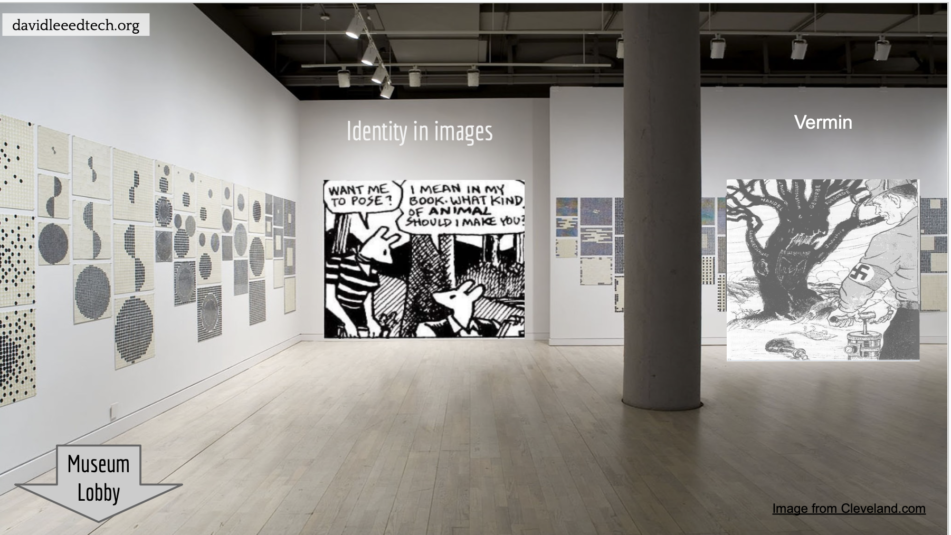
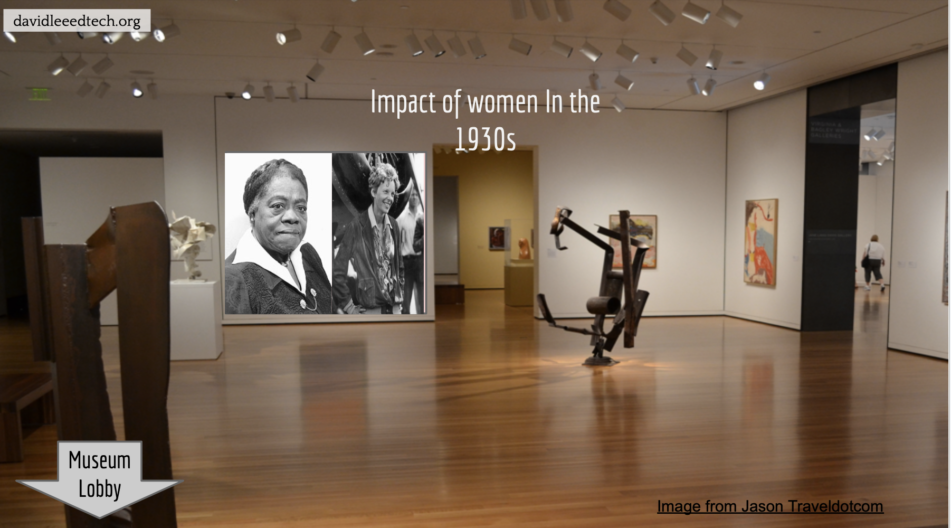
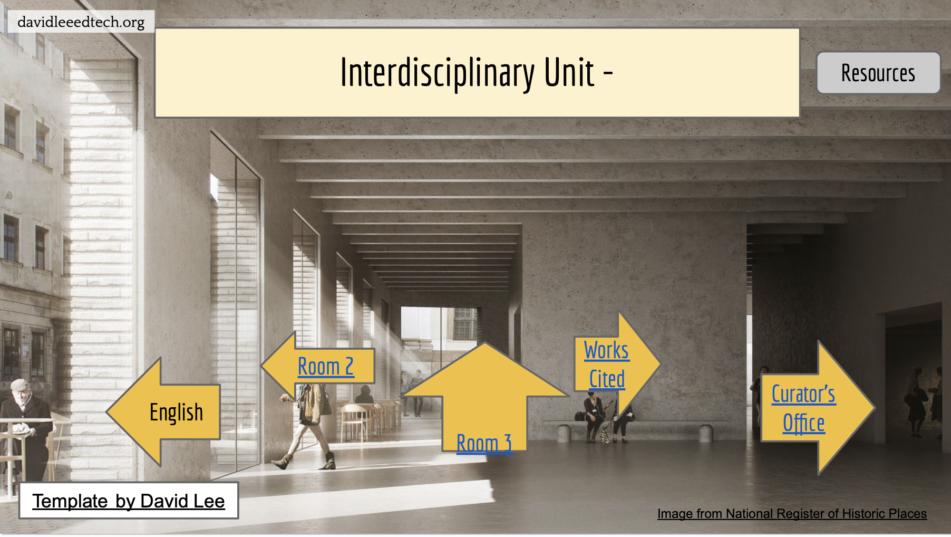
” I’m proud of the content we cover in this class,” said World History teacher Kirk Suchowesky. “It’s real history, it really happened, and it matters.”
Students said the field trip was both sobering and memorable.
“I think what will always stay with me from the museum field trip is just realizing how much was lost due to the amount of discrimination that happened to the Jewish people,” said Huron freshman Thylicia, adding that learning about the desecration of culture also made an impact.
Todd Newell, Huron’s IB facilitator (MYP), explained that the unit is taught across three curriculums, with the goal of exploring identities and misrepresentation of identity and what the consequences are.
“So in English, they’re reading the Maus 2 graphic novel and exploring the ideas and the use of propaganda. In biology, they’re studying genetics, and then how genetics was misused to propagate the idea of eugenics, which then led to the Nuremberg Laws, which started a kind of domino effect of the Holocaust.”
He said the visits to the Zekelman Holocaust Center so far have included a talk from a second-generation survivor and that the final visit in April will feature a talk by an actual survivor.
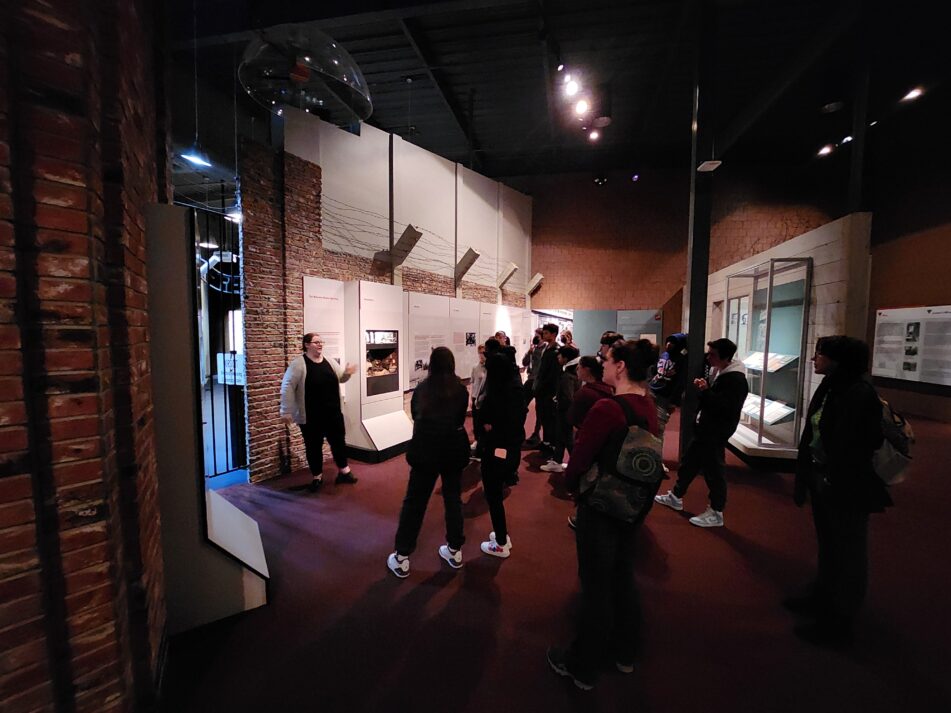
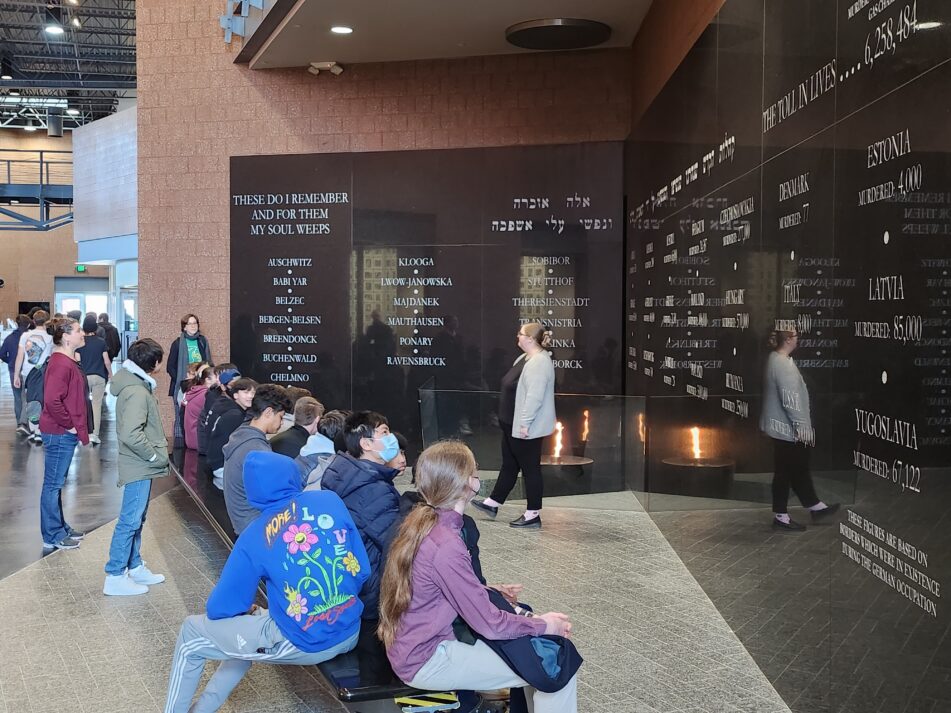
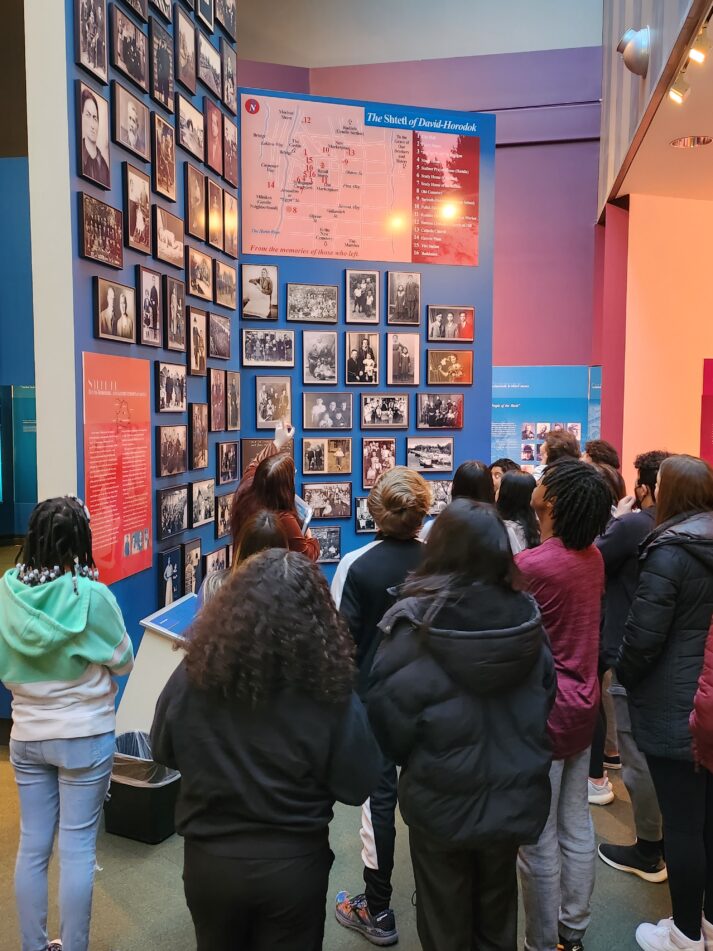
Students see the benefits of the interdisciplinary unit.
“In the real world, all the subjects are intertwined so it’s a really cool exposure,” said freshman Tejasvi. “It’s really neat to see how we study one thing in history, and then it comes up in biology the next day.”
Huron science teacher Marie Whybark explained that in biology classes, the students are learning about eugenics and the role that eugenics played in the Holocaust, and how that’s related to the propaganda that was used as part of that process.
“This is a really nice opportunity for kids to see how these three disciplines actually come in together and are interrelated,” she said. “And it seems like the kids have really been making those connections and it’s nice to be able to talk about what they’re learning in our other classes as we’re discussing things in biology as well.
“So it’s nice that they actually got to go to a museum and get ideas and think about the kinds of things that you would want to share if you are a museum curator, and they also had a really amazing opportunity to hear from the son of a Holocaust survivor and learn about his experiences growing up with a parent who survived the Holocaust. So it’s been a really nice kind of full circle experience for the kids.”

Be the first to comment